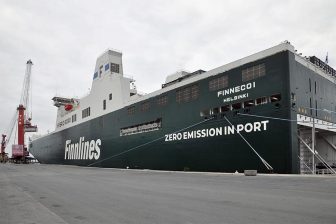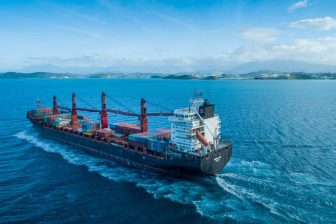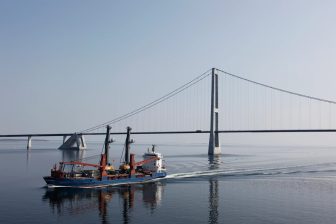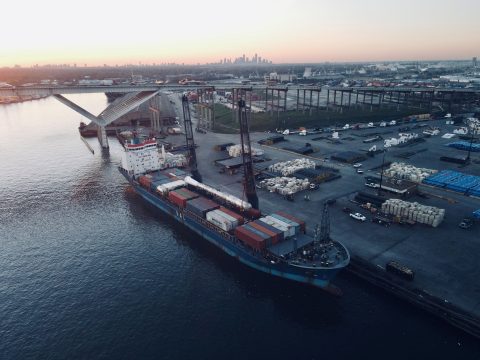
UAL pounces on new opportunities in traditional trade lanes
Rising market prices, high demand and limited vessel availability has put the shipper-customer relationship to the test over the past year. It was not unusual for owners and operators to target higher paying lanes to and from Asia. Universal Africa Lines, however, decided to stick to their long-term customers creating and pouncing on new opportunities on their traditional trading lanes.
The company put its long-term clients in front of chartering their vessels to services from Asia. Still, it had to deal with the capacity crunch due to especially high demand that put its capacity to the test.
Speaking to Project Cargo Journal, Dennis Malkoc, business development manager at Universal Africa Lines, noted that the ‘youngest’ team within the UAL group of companies, UAL Chartering based in Denmark, has managed to secure tonnage on a time charter basis.
“This allowed us to maintain a certain volume of space to be able to handle cargoes out of the United States Gulf of Mexico (USGOM), North-West Europe (NWE) and the MED to and from West-Africa,” Malkoc said.
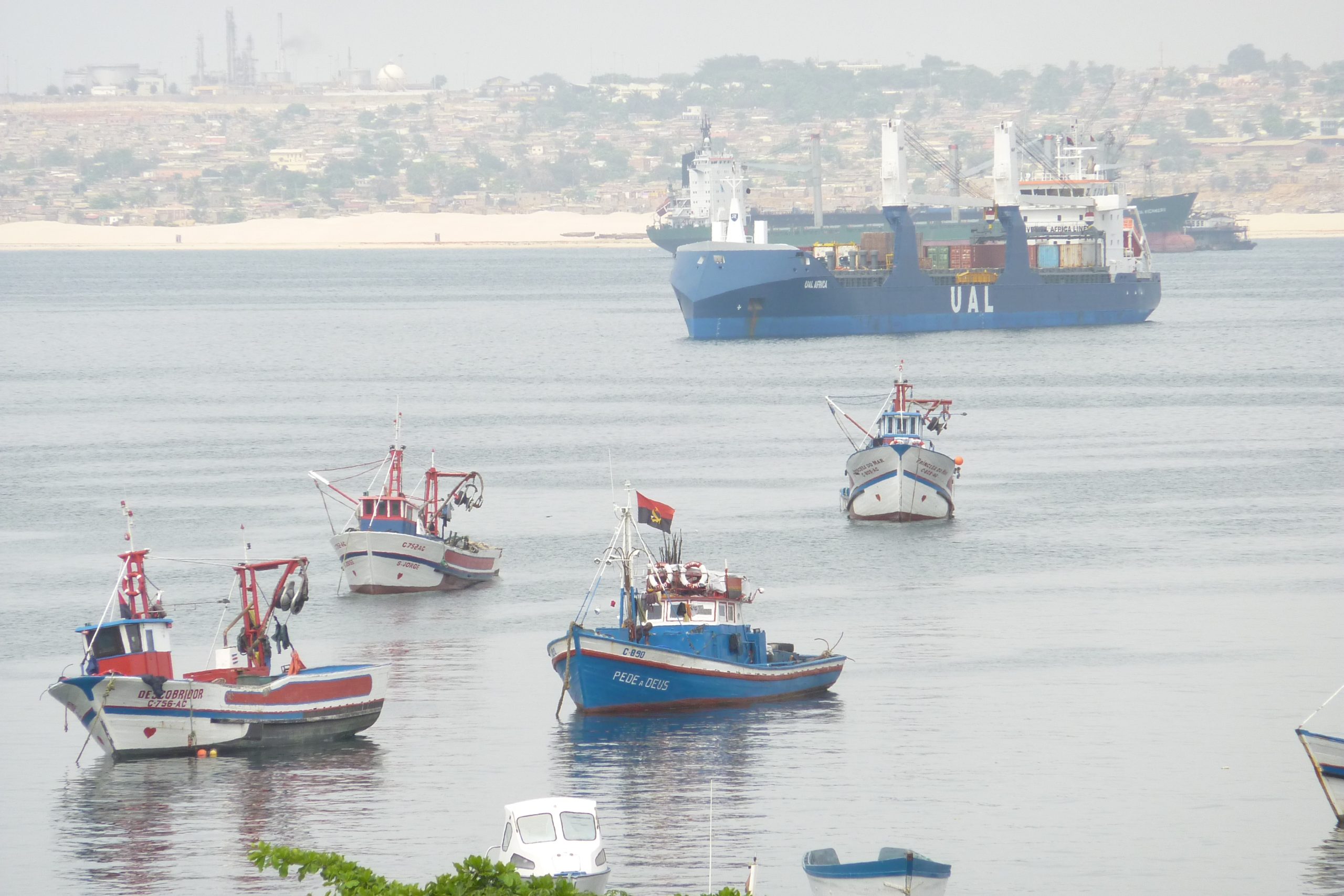
Pouncing on new opportunities
The company has been involved in almost all major projects in West-Africa and even East-Africa, although the latter has been put on hold due to unrests in Mozambique. UAL’s involvement in so many projects is helped by the fact that most of the time the cargo needed to complete the project comes from Houston, Aberdeen or Antwerp, which happen to be the company’s main ports of call.
However, being a semi-liner, UAL does provide additional flexibility when it comes to route plans into West Africa.
“We’ve made stops in Norway, France, Spain (incl. Las Palmas), Portugal, among others in Europe. Corpus Christi, New Orleans, Veracruz, Santos and others in the America’s. In West-Africa, our vessels make frequent stops in the ports from Senegal to Namibia,” says Malkoc.
It is not only the flexibility in port calls but also the flexibility in commodities being transported. He confirmed that the company has been approached by a client to transport coffee on its vessels from Santos, Brazil to Antwerp in Belgium, with UAL Houston and Vectis Harrier to be deployed for the job. The company was approached by a client as coffee industry players are looking again to the breakbulk sector to bridge the global container shortage that is causing a major backlog.
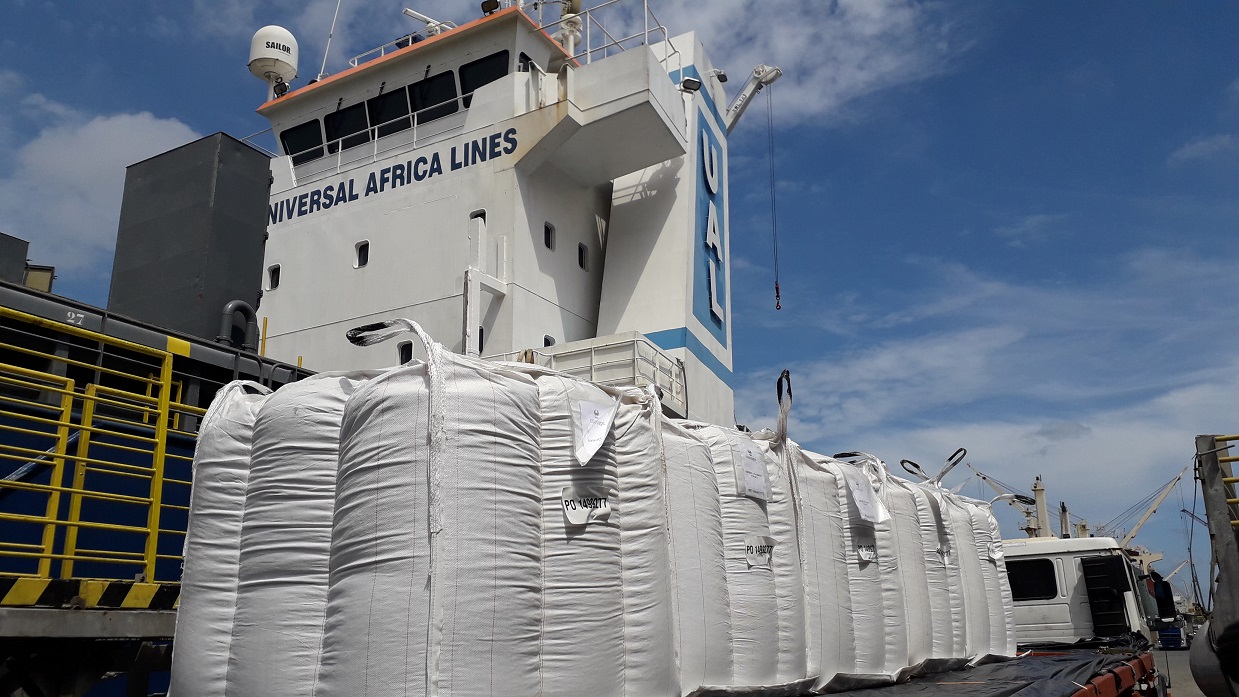
“Due to the high shipping prices, we do see a lot of requests for the transportation of raw materials and food. UAL was involved in a shipment of cocoa from WAF to NWE. We have indeed been approached by several coffee shippers/traders to see if we can handle shipments from South America to the EU,” said Malkoc.
With coffee being shipped in big bags, this UAL’s vessels a suitable option for a quick turnaround.
Fleet programme
With the capacity fully booked and new opportunities arising, UAL looked into expanding its fleet and adding more tonnage.
“We have indeed looked at several options, new build, used or other investments. But to be able to act now, while the demand for tonnage is high, our management decided not to build a new ship (delivery in 2 /3 or even more years) but to purchase the UAL Manitoba,” he said.
The heavy lift vessel with a little above 12,000 dwt, the UAL Manitoba currently in dry dock, will be operational and added to the sailing schedule in February 2022.
The addition of UAL Manitoba also puts the company in a good position going into the future as the current capacity crunch and high demand is expected to persist in the first few months of 2022.

